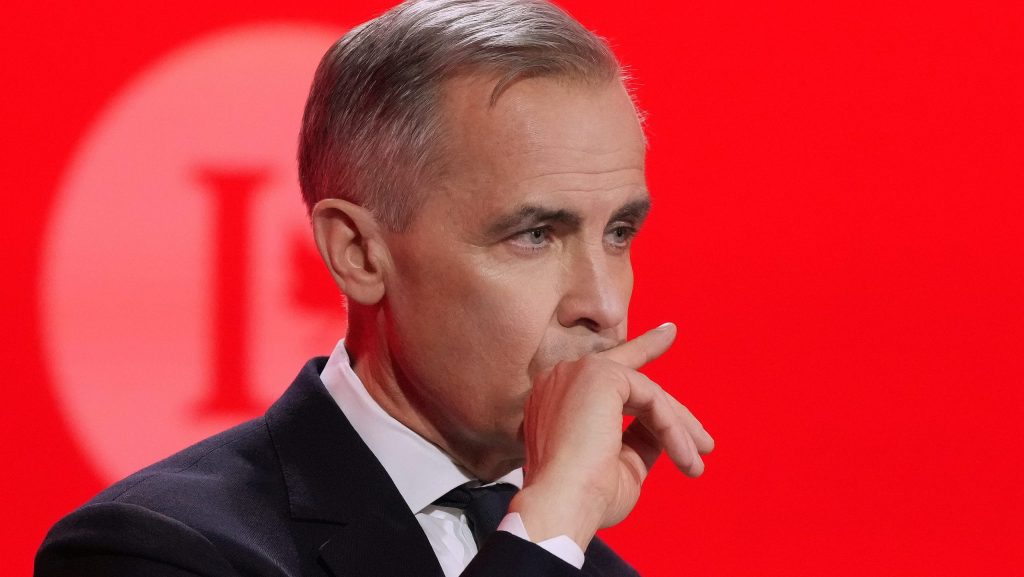During a recent Liberal party leadership debate held in French, a misstep by Mark Carney raised concerns about his proficiency in the language. Carney, the former Bank of Canada governor and presumed frontrunner, mistakenly stated that all four candidates on stage, which included notable figures like Chrystia Freeland, Karina Gould, and Frank Baylis, were in agreement “with” Hamas during a discussion about the ongoing conflict in Gaza.
Freeland, who served as the former Deputy Prime Minister, quickly interjected to clarify Carney’s statement, asserting, “We are not in agreement with Hamas, but regarding Hamas.” Following her correction, Carney attempted to rectify his error, stating, “Against, against Hamas. And for a two-state solution,” while smiling at Freeland.
In his larger response, Carney emphasized his desire for all hostages to be returned to their families, called for humanitarian aid for the people of Gaza, and advocated for the establishment of a “viable and free” Palestinian state that could coexist peacefully alongside Israel. He also criticized former U.S. President Donald Trump’s notion of treating the conflict as a “real estate project.”
The blunder did not go unnoticed, as the Conservative party swiftly seized upon Carney's mistake. Sebastian Skamski, a spokesperson for Conservative Leader Pierre Poilievre, expressed concerns over Carney's ability to effectively communicate in French, further fueling the debate about the qualifications required for leading the country.
Liberal MP Anthony Housefather came to Carney's defense on social media, pointing out the challenges of debating in a second language, regardless of one’s fluency. He remarked, “Everyone watching the debate knows @MarkJCarney was agreeing with the previous speakers to say Hamas can have no role in the future of Gaza. Disgusting to see people trying to pretend otherwise.”
In response, Conservative MP Dan Albas retorted to Housefather's defense, emphasizing that Carney had chosen to participate in a French debate and should have been prepared for it. Albas stated, “You don’t control the question, only your answer,” and underscored the importance of language proficiency at higher levels of leadership. He concluded by suggesting that if Carney was unaware of this necessity, he should reconsider seeking the top office in Canada.
After the debate, Carney faced direct questions regarding his command of French during a post-debate press conference. In response, he expressed his eagerness to engage in a French-language debate with Bloc Québécois Leader Yves-François Blanchet and Conservative Leader Pierre Poilievre, switching to French to communicate part of his answer, thus demonstrating his commitment to improving his language skills in a political context.
As the leadership race progresses, Carney’s language proficiency and his ability to navigate complex political discussions in French will likely continue to be scrutinized by both supporters and critics.










